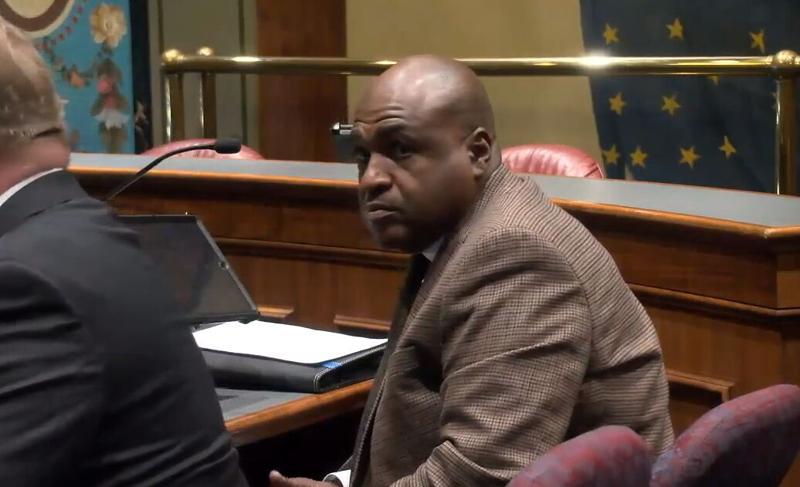(The Center Square) – The implementation of the controversial SAFE-T Act in Illinois continues to put a strain on state coffers.
The Illinois Law Enforcement Training and Standards Board, which is responsible for training and certifying law enforcement officers, is hoping to receive $23 million in state taxpayer funds to improve curriculum and pay instructors.
Officials from ILETSB told a Senate Appropriations Committee that they have hired 15 people to help with the implementation of the Safety, Accountability, Fairness and Equity-Today Act, but they need 23 more. Various elements of the SAFE-T Act have been implemented since its initial passage in 2021.
The agency is also requesting $10 million in grants to help local governments and other organizations hire and retain police officers.
State Sen. Terri Bryant, R-Murphysboro, said a University of Illinois study shows that the SAFE-T Act may be hampering police recruitment efforts around the state.
“Police recruitment and retention are significant problems in Illinois, which mirror a national trend, perceived anti-police legislation such as the SAFE-T Act, critical rhetoric by elected officials and so on,” said Bryant.
ILETSB Executive Director Keith Calloway said he is aware of problems recruiting police officers.
”I really do believe honestly that this is a bigger problem than just policing,” said Calloway. “You look across the country, there are shortages everywhere, being teaching, being nursing,” said Calloway.
The SAFE-T Act requires Calloway’s agency to accept complaints made against police officers.
“We’ve had 496 complaints and we’ve referred at least half of those back to employing agencies for initial investigation,” said Calloway. “A select few have been identified as egregious conduct and have been sent before a certification review panel.”
Law enforcement agencies in the state’s largest counties and municipalities with more than 50,000 people were required to start using body cameras at the start of this year. A measure will designate $60 million in grants to help local police departments install dash cameras and train officers to use body cameras as required by the SAFE-T Act.
Republicans have contended that counties will have to raise property taxes to pay for some of the requirements of the SAFE-T Act, including police body cameras and the systems to store the video. They also said it will require additional personnel in the courts, sheriff’s departments and pretrial services.







